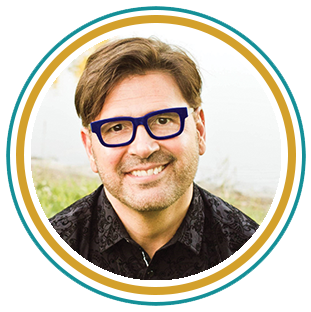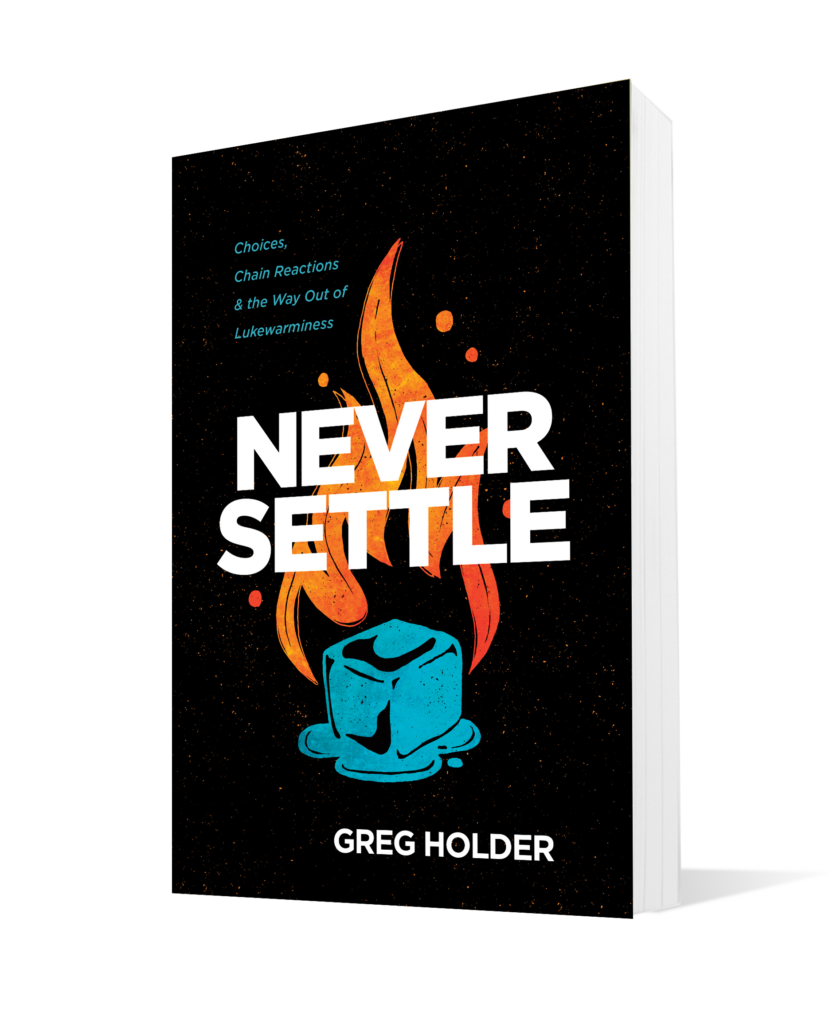But they who wait for the Lord shall renew their strength;
they shall mount up with wings like eagles;
they shall run and not be weary;
they shall walk and not faint.
Isaiah 40:31, ESV
So much wisdom has already been shared about this, a favorite Scripture of many, that I hesitate to go much further. It will be wise at this point to note a modern sage whose thoughts shaped some of my own all those years ago. John Ortberg writes of the difference between what he calls the “fairly trivial” kinds of waiting with which most of us struggle and a deeper, more painful kind of waiting, such as
—The waiting of a single person to see if God has marriage in store but is beginning to despair
—The waiting of a childless couple who desperately want to start a family . . .
—The waiting of someone who longs to have work that’s meaningful and significant and yet cannot seem to find it . . .[i]
He goes on to quote theologian Lewis Smedes, who saw waiting as “our destiny as creatures who cannot by themselves bring about what they hope for” and wrote
We wait in the darkness for a flame we cannot light.
We wait in fear for a happy ending we cannot write.
We wait for a not yet that feels like a not ever.
Waiting is the hardest work of hope.[ii]
Hope. It will be worth it for us to state a few of the obvious benefits of hope before we move on. Author Daniel Goleman shared many examples of the benefits from what he termed optimism in his bestseller Emotional Intelligence. One included was a study of 122 men who were evaluated on their optimism and pessimism after their first heart attack.
Eight years later, of the 25 most pessimistic men, 21 had died; of the 25 most optimistic, just 6 had died. Their mental outlook proved a better predictor of survival than any medical risk factor, including the amount of damage to the heart in the first attack, artery blockage, cholesterol level, or blood pressure.
Similar results were reported from patients going into artery bypass surgery. Those who were more optimistic recovered faster and with fewer post-op complications than their pessimistic counterparts. “Like it’s near cousin optimism,” Goleman concludes, “hope has healing power.”[iii]
The writer of Proverbs agrees. “Hope deferred makes the heart sick, but a longing fulfilled is a tree of life.”[iv] Hope is more than a “There, there, it’ll be all right” pat on your wrist. It infuses our tired souls with life. It strengthens the weak and emboldens the timid. Who doesn’t want more hope?
But when Smedes and Ortberg (and Isaiah) connect our hope to waiting, we hold back. When we are told there is a glorious interplay between our waiting and our hope growing, our faith growing deeper, our honest response is “I’m not interested.”
In some ways, this makes sense.
It seems only natural to do something—anything—in the middle of the struggle. To flail and fight is what keeps our head above water. Take it from me: You want your head above water. Yet, as others have noted, waiting is not passive. Nor is it avoiding responsibility and hoping things will take care of themselves. Again, Ortberg says it so well:
“Waiting on the Lord is a confident, disciplined, expectant, active, sometimes painful clinging to God.”[v]
We want what Isaiah promised: to soar like eagles, to run and not be weary, to at least walk and not faint. We long deep down to survive, but even more, we wonder if all this talk of prevailing and flourishing is more than mere words.
It is.
Braiding Our Life to His
Perhaps it will help to focus on the Hebrew word translated here as “wait”: qavah.
This word conjures up the image of someone pulling and twisting strands together until he or she has braided a strong rope or cord. One strand on its own frays and snaps with the load. Weave it around others, it becomes a rope bearing the weight it never could on its own. In fact, the noun formed out of this verb is sometimes translated “rope.”
Thus, the idea of biblical waiting is our binding ourselves, braiding our life together with God’s. This is the picture of a relationship with the creator of all things.
The Hebrew concept of faith was a daily, ongoing experience. It was not a formula or a ritual. Faith was not merely an intellectual agreement with some truth claim (though this was certainly part of it). It was—and is for us today—a back-and-forth connection at the deepest layers of our being. Waiting, as so vividly depicted in this verb, is the confident “clinging” to God described above. To wait on the Lord means that you trust him enough to wrap the last frayed strand of your life around his strength.
And his strength then becomes yours.
This is what relating to God in real time looks like.
No wonder this beautiful word is also translated as “hope.” Goleman is right, and the research supports it: “Hope . . . is more than the sunny view that everything will turn out all right.”[vi]
For those wait on the Lord, the hope we experience is the active reaching out to the God who is there. Our hope shows up when we wrap that last strand of us around his presence.
Give thanks to God.
Sources
[i] John Ortberg, If You Want to Walk on Water, You’ve Got to Get Out of the Boat (Grand Rapids, MI: Zondervan, 2014), 176–77.
[ii] Ortberg, If You Want, 176–77.
[iii] Daniel Goleman, Emotional Intelligence: Why It Can Matter More than IQ (New York: Bantam, 2005), 177.
[iv] Proverbs 13:12.
[v] Ortberg, If You Want to Walk on Water, 180.
[vi] Goleman, Emotional Intelligence, 87.




Quite an inspiring piece. I’m at a point in my life where I’m waiting for the Lord for quite a number of things. This piece speaks to me. I’ll actively and patiently wait for the Lord, and stay glued to Him. I’ve got no where else I can go.